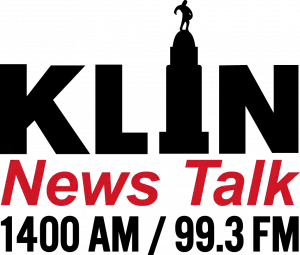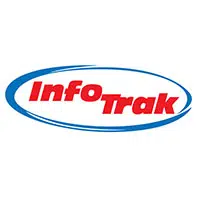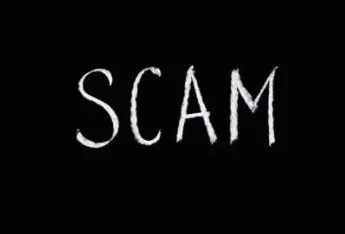An Omaha woman lost $5.600 to scammers this month after hearing about a government grant on Facebook.
The woman tells KLIN News she was first contacted on December 16, 2021 on Facebook messenger. That message appeared to come from a church friend telling her about getting tens of thousands of dollars through this grant. She too could get $25,000 if she would follow the directions and apply. She clicked the link and that is when the nightmare started.
She was first told to send photos of her and of her ID. She was then told to buy gift cards and send the information over messenger.
The woman us after she paid money several times she was told, “In order to pay the delivery fee from UPS and the taxes, I needed to pay an addition $2,500. At this point they already had $1,500. In order to get this money you have to pay this. It kept escalating. They would call me all day at work. All afternoon. Late at night and I’m still not realizing this was a scam.” That added up to about $4,100.
Then came the excuses. She says, “They said they would have the money delivered to me in 3 or 4 hours. This agent calls me back that the delivery driver was on the way but ran out of gas and they needed another $500 in gift cards to continue.”
The scammer, under the name of another of the women’s friends then contacted her and mentioned a different grant to pursue. She again applied and provided the scammer with another $1,500 in gift cards. That transaction was interrupted before the scammers got a hold of her bank information so the calls kept coming under various friends and family members on her Facebook account. One of those messages came from an uncle. She reached out to him and was told he had not sent her a message.
She says, “I reached out to my friends and I asked them haven’t we been going back and forth for weeks and days? All of them were like no, that was not me.”
The Better Business Bureau warns that scammers reach out to unsuspecting victims through a variety of channels – phone calls, email, notices in the mail, text messages and increasingly over social media. A recent study on sweepstakes, lottery and prize scams shows one-third of the fraud complaints reported to the FBI’s Internet Crime Complaint Center involve social media and the majority of the victims are over the age of 60. Facebook is frequently the social media platform used for lottery scams. This is due to its privacy settings and the ability of its private messaging app to be used with or without a profile.
The BBB says Facebook profiles are relatively easy for a scammer to duplicate and scammers know how to copy the information and profile picture of people creating mirroring accounts. Login credentials of many Facebook users can be purchased for as little as $5.20 on the dark web.







